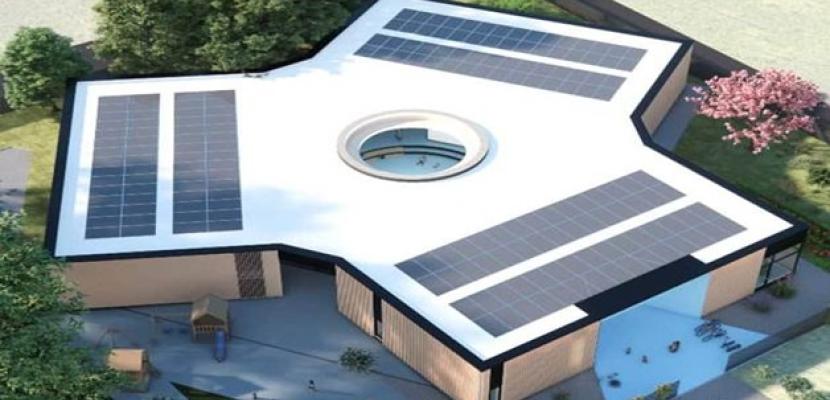
"Blauer Stern" Kindergarten in Sebeș: Sustainable German-Language Education

About this good practice
The “Blauer Stern” Public Kindergarten and Nursery in Sebeș, Romania, is a strong example of how public-private partnerships can align corporate CSR strategies with local sustainability goals. Addressing a shortage of early childhood education facilities—especially those offering German-language instruction for the local community—the initiative also responds to the need for modern, eco-friendly infrastructure.
Developed through a strategic collaboration between Star Assembly SRL (Daimler Group) and the Municipality of Sebeș, the project demonstrates how joint planning and resource mobilization can meet both social and environmental objectives. The investment aims to create a modern educational space with smart automation systems to optimize energy use and reduce manual control of lighting, climate, and more. Sustainable solutions include solar and photovoltaic panels powering heat pumps for heating and cooling. To boost energy efficiency and cut emissions, rainwater recycling systems will also be used.
As a transferable model, “Blauer Stern” contributes to ACROSS' aim to promote strategic, long-term cooperation between economic actors and local authorities. It offers practical insights for developing public-private cooperation frameworks that align with the EU’s carbon neutrality targets and sustainable regional development goals.
Resources needed
Financial Resources: Fully funded by Star Assembly, covering construction, equipment, and operational setup costs.
Human Resources:
● 12 educators proficient in German-language early childhood education.
● 10 support staff (administrative, maintenance, and medical personnel).
Evidence of success
Although the project is still under construction, its success is already evident through:
● Strong collaboration between corporate, municipal, and educational partners, ensuring a sustainable model.
● High anticipation from the local community, with strong demand for early enrollment.
● Implementation of eco-friendly, energy-efficient building solutions, setting a new standard for sustainable early education in Romania.
Potential for learning or transfer
The "Blauer Stern" project serves as a model public-private partnership that can be replicated in other regions facing educational gaps, particularly in bilingual or minority-language communities.
Key Success Factors for Replication:
1. Cross-Sector Collaboration – Engaging local government, private companies, and educational institutions in joint efforts.
2. Sustainability & Green Architecture – Integrating renewable energy solutions and smart infrastructure into school designs.
3. Cultural Relevance in Education – Ensuring early education aligns with local linguistic and cultural needs.
Other regions interested in enhancing early childhood education and sustainability in public-private initiatives can adapt this model to their specific needs.
Further information
Good practice owner
You can contact the good practice owner below for more detailed information.